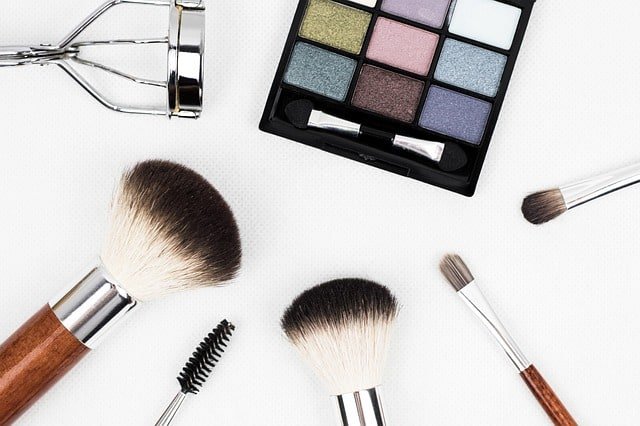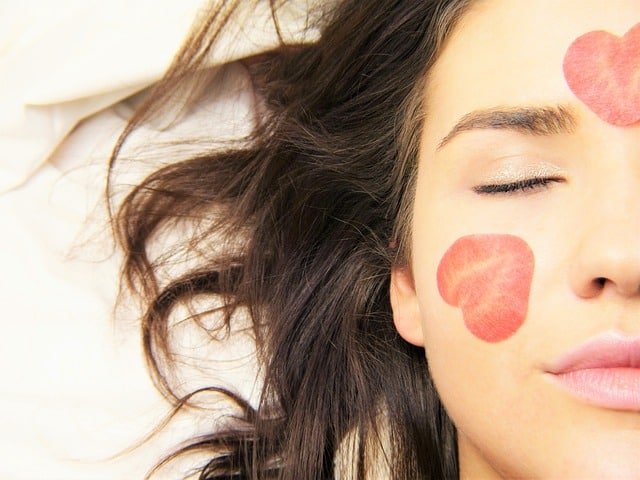How To Take Care Of Your Skin
Do you really know your skin type? Knowing your skin type can help you select the right products and customize the best skin care regimen that will work for you.
Using the wrong products can harm your skin and cause you acne, dryness, or other skin problems. A daily skin care routine can help you maintain overall skin health.
Follow these steps and learn how to take care of your skin.
1. Know Your Skin Type
To know how to take care of your skin, first, you have to know what kind of skin you have.
- Normal skin : is clear and feels good and even, not too oily or dry.
- Combination skin: is oily in T-zone, but dry or normal on cheeks and jawline.
- Oily skin: is shiny and feels greasy, and may have big pores.
- Dry skin: is itchy and tight skin, and has some flaky patches.
- Sensitive skin: your face can burn, itch or a rash could form after you use some makeup or other products.
2. How to Clean Normal to Combination Skin
- Find skincare that works for you. Apply a gentle cleanser or soap with your fingertips.
- Don’t scrub your face.
- Rinse with plenty of warm water.
- If your skin dries out or gets oily, try a different cleanser.
3. How to Clean Dry Skin
Use a gentle facial cleanser for this skin type. Look for a cleanser that does not contain alcohol or fragrance, and doesn’t leave your skin tight after washing.
Avoid cleansers that are labeled “foaming” or “scrubs.” These cleansers can be irritating for dry skin.
Gently wash your skin, then rinse with plenty of warm water. Don’t use hot water it will remove the natural oils from your face.
Try exfoliating once a week to get rid of flaky skin cells. It will make your skin look clearer and more even.
4. How to Clean Oily Skin
- Wash your face regularly with plenty of warm water and gentle soap, or use a gentle face wash designed for oily skin.
- Don’t scrub your face too hard.
- Use a toner.
- Pat the face dry with a clean towel.
- Use an exfoliator once or twice a week to remove dead skin cells and keep your pores open.
5. How to Clean Sensitive Skin
For sensitive skin it’s important to use as few products as possible in your skincare routine, using many products can irritate your skin.
Wash your face with a gentle cleanser and rinse with warm water.
Choose products that are fragrance-free and alcohol-free to minimize irritation.
Don’t rub your skin with a towel, gently pat it dry.
Choose scrubs that have calming ingredients like aloe, chamomile, green tea polyphenols.
6. Moisturizing Your Skin
All skin types need to be moisturized every day, even oily skin needs moisturizer, but use a lightweight one or gel-based that won’t block your pores.
For dry skin go for a more cream based moisturizers.
Be sure to apply moisturizer each time after you wash your face, this will help lock moisture and keep your skin feeling smooth, soft and hydrated.
7. SunScreen
One of the most important ways to take care of your skin is to protect it from the sun. The sun can damage your skin in only 15 minutes.
Apply sunscreen with at least 30 SPF 15 minutes before heading outdoors. Wear it every day, even if it’s not sunny and even if it’s cold. Reapply every 2 hours.
Darker skin tones need more sun protection because hyperpigmentation is harder to correct.
Avoid the sun between 10 a.m. and 4 p.m., because at this time of the day the sun’s rays are strongest.
A lifetime of sun exposure can cause wrinkles, age spots, and other skin problems as well as increase the risk of skin cancer.
8. Remove Makeup Before Bed
Leaving makeup on your skin while you sleep not only ruins your sheets, it can clog your pores, cause acne, breakouts, and accelerate the aging process.
Even if you’re super tired, wash your face before you go to bed, or you can use a makeup remover.
Always be gentle with your skin and give your Eyes Extra Attention.
9. Choose Good Quality Makeup
Makeup that contains harmful chemical can cause clogged pores, acne and also discoloration on the skin. For example, a safe foundation should not contain any toxic ingredients that compromise the skin’s ability to breathe.
- Choose makeup products for your skin type.
- Read the labels for good ingredients.
- Look for makeup that’s water-based and not oil-based.
- Don’t use mascara for longer than 4 months.
10. Don’t Share Your Makeup and Makeup Tools

It’s time to stop sharing your makeup with other people. Sharing cosmetics, especially mascara, eyeliner, and eyeshadow, can lead to a bad eye infection.
Don’t share your makeup tools as well. Makeup brushes and applicators can easily carry bacteria from one person to another.
11. Good Sleep
Not getting enough sleep negatively affects your body, as well as your skin, that is why when you don’t get enough sleep your skin looks less youthful and has less of a glow.
Getting a good night’s sleep will help to clear up skin. Establish a routine bedtime and get 7-9 hours of sleep per night.
12. Drink More Water
Skin is like any organ, drinking more water cleans your cells of built-up waste, flushes out the toxins from the skin and helps keep your skin hydrated, reduces pimples, marks, and acne, even delaying the aging process.
Drinking at least 8 glasses of water a day will keep your body hydrated and will minimize dry, tight and flaky skin.
13. Eat Healthy Foods
A healthy diet can help your skin look younger, glowy and fresh.
at plenty of fruits, vegetables, whole grains, lean proteins.
When you eat certain foods with healthy oils and omega-3 fatty acids, it won’t only help you nourish your body, but can also make your skin healthy and glowy, too.





